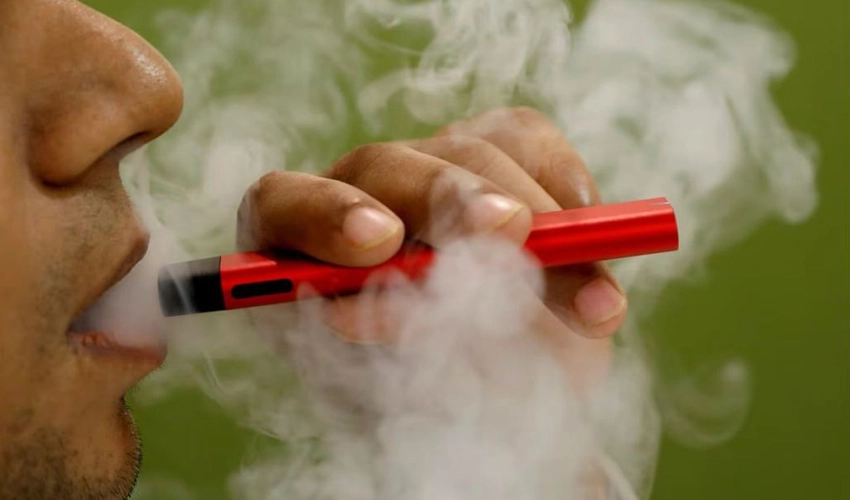According to an empirical study published by The Social Policy and Development Centre (SPDC), 31.6 million adults in Pakistan smoke, which contributes to more than 160,000 fatalities a year. Pakistan loses at least 1.4% of its GDP each year to diseases and fatalities brought on by smoking.
On the other hand, the 2022–2023 FED tobacco reforms have produced considerable revenue, with PKR 122 billion in receipts between July 2023 and January 2024.
According to the report, the measures have improved income in addition to improving public health by lowering consumption and perhaps recovering 17.8% of the overall medical expenses related to smoking in it.
However, it stated that keeping the current rate in place might cause health recovery to drop from 17.8% to 15.6% and that a 37% rise in the FED rate for the following year is recommended in order to reach the same levels of health cost recovery as those seen in 2023–2024.
Since tobacco companies falsify their stated production in order to influence tax laws and avoid paying taxes, anti-tobacco advocates contend that raising taxes won’t encourage the illegal trade. It is anticipated that the recently implemented track and trace system will lessen counterfeiting, stop illegal trade, and monitor front-loading.
According to the study, the goal of the suggested tax rates for the Budget 2024–2025 is to raise the retail price’s FED share to 70% in order to boost income and advance public health.







